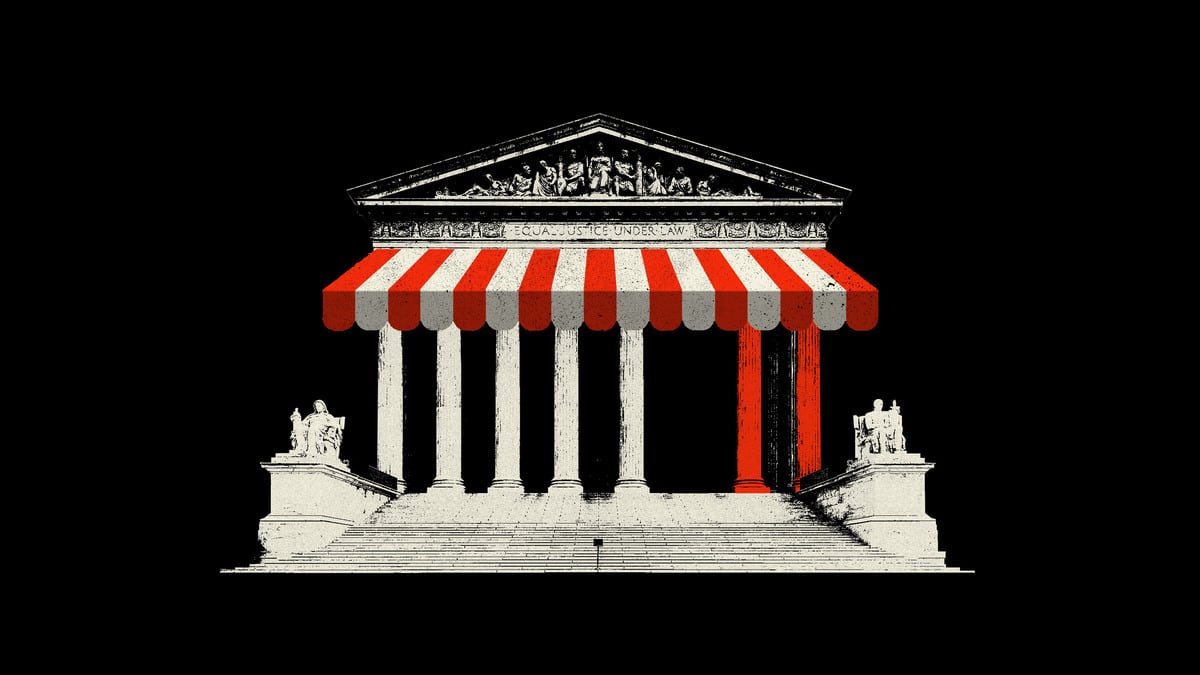Opinion
Photo Illustration by Elizabeth Brockway/The Daily Beast/Getty
Supreme Court Might Allow Vendors to Discriminate Against Customers
NORMALIZING PREJUDICE
The upcoming “303 Creative v. Elenis” Court decision might open the floodgates to vendors refusing to serve people based on prejudice.
opinion






